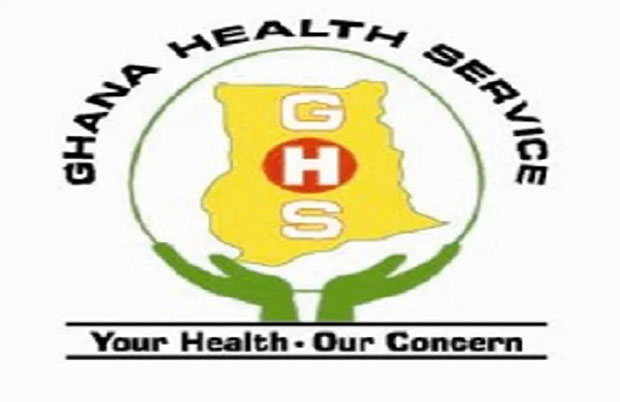The Ghana Health Service (GHS) has begun a six-day training for health officers ahead of the implementation of the DHIS2 tracker system that will help to collect, manage and analyze transactional case-based data records of patients by health facilities.
The training being held in Accra, in collaboration with the University of Oslo, has in attendance project and programme managers, tech leads and architects, HMIS managers, DHIS2 development partners and others with broad responsibility for overseeing or sustaining a tracker project.
The goal for the academy is for each participant to leave with a framework for assessing and planning their tracker project, by covering topics such as internal readiness assessments, navigating legislation and policy concerns…
Deputy Director General, GHS, speaking at the opening of the training, said the training was expected to strengthen national and regional capacity to successfully set up, design and maintain DHIS2 systems.
He said without accurate, reliable and timely health information, the health sector would cease to exist. This is because health information continues to be the fulcrum upon which the health sector revolves as data is required for improving the provision of services and statistics for planning and managing health service.
“The relevance of health information cannot be underestimated as its boundaries are not confined to the health sector alone but overlaps with information systems in other fields,” he said.
DHIS 2 allows users to store information about individuals and track these persons over time using a flexible set of identifiers.
Information can be captured about anonymous events and cases. Besides, the system can configure SMS-reminders, track missed appointments and generate visit schedules.
“By the end of the training, participants are expected to build upon their expertise and be ready to support their various health organization’s data collection, analyses and reporting needs using DHIS2,” he added.
By Jamila Akweley Okertchiri


